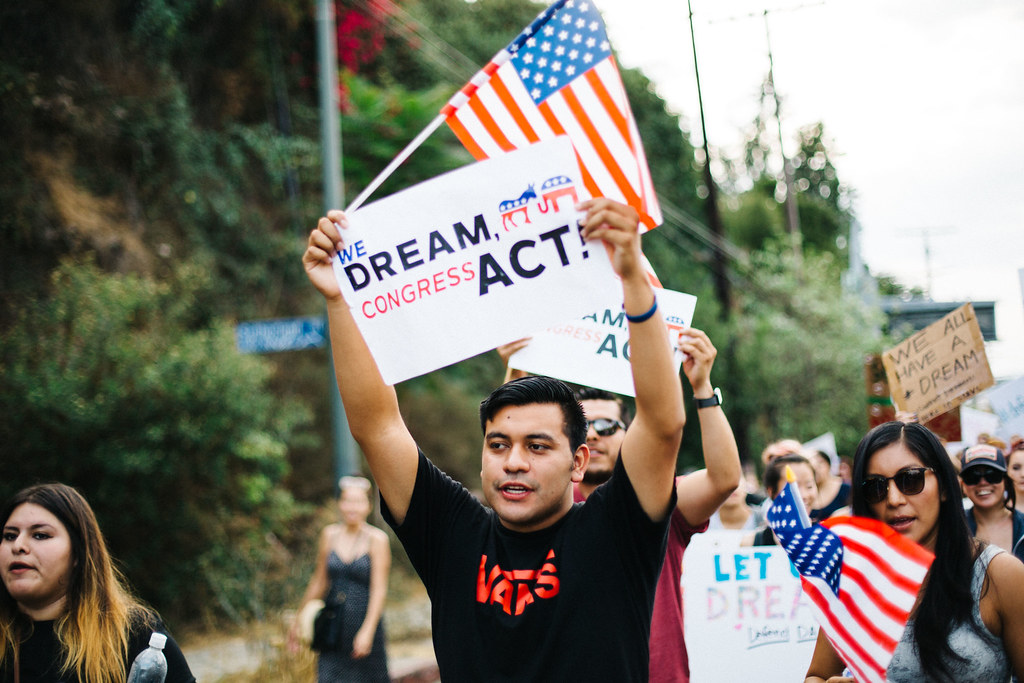Yesterday, February 14, 2024, the Biden administration released a memorandum designating Palestinians present in the United States for Deferred Enforced Departure (DED), based on the danger to civilians and deteriorating humanitarian conditions in Gaza.
The President’s order halts the removal of certain Palestinians from the United States for a period of 18 months and instructs the Department of Homeland Security to provide employment authorization to eligible beneficiaries, who have been continuously present in the United States since February 14, 2024.
The memorandum would allow DHS to provide employment authorization to such individuals for the duration of the DED period, and further directs the Secretary of Homeland Security to consider expanding employment eligibility for Palestinian F-1 nonimmigrant students.
The President’ s memorandum will soon be published in the Federal Register with further instructions for eligible Palestinian nationals to request Deferred Enforced Departure and employment authorization.
Please note that Palestinians who return to the Palestinian territories after February 14, have committed certain crimes, or present a national security threat, among others, may not be eligible for Deferred Enforced Departure.
 Visa Lawyer Blog
Visa Lawyer Blog











